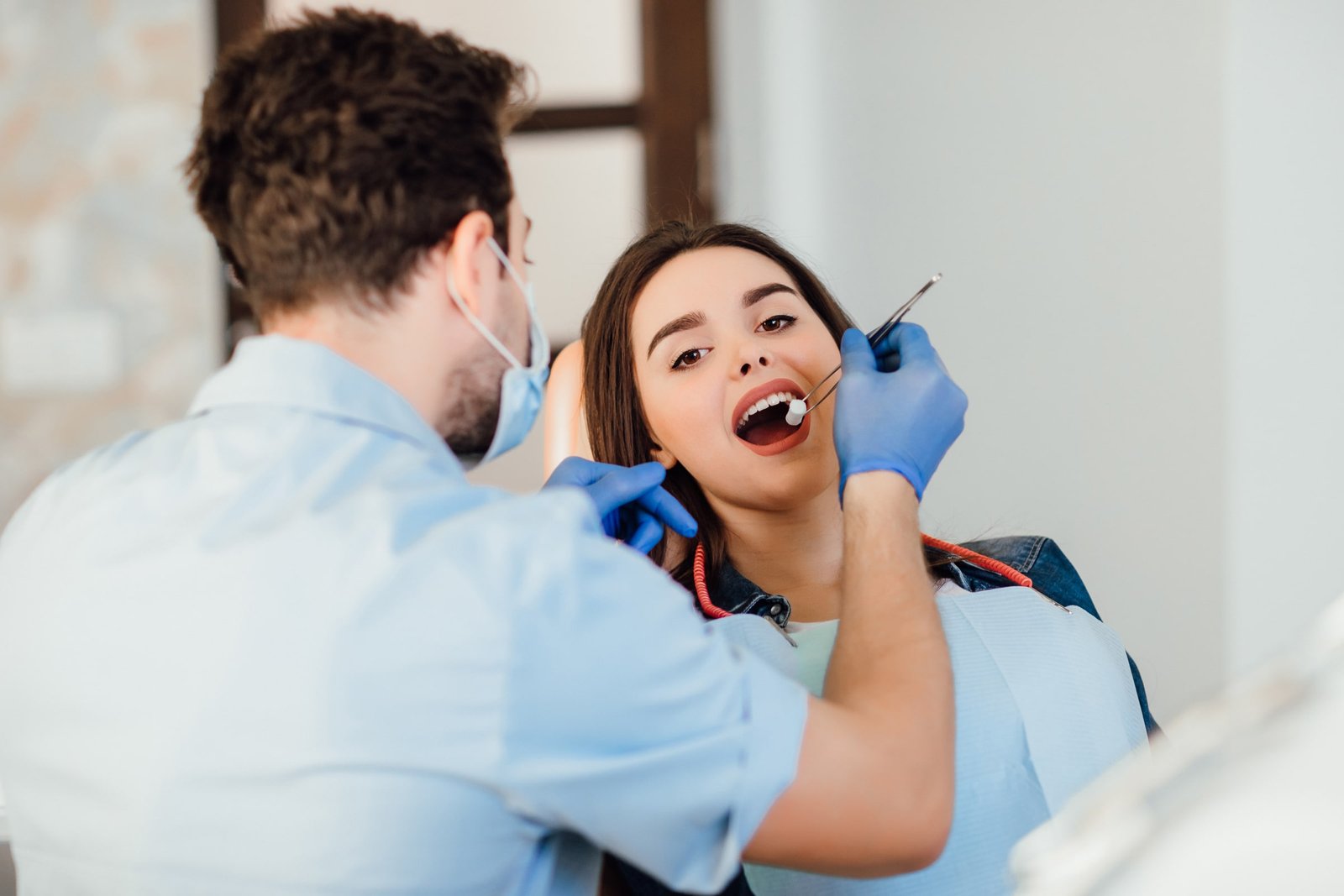Sleep Apnea Treatment: Breathe Better, Sleep Better
Sleep apnea affects over 12 million Americans, according to the National Institutes of Health. Risk factors include being male, overweight, and over 40, but it can strike anyone at any age.

What is Sleep Apnea?
Sleep apnea is a condition where normal breathing is obstructed during sleep. There are three types: obstructive, central, and mixed. Obstructive sleep apnea (OSA) is the most common, caused by a blockage of the airway, usually when soft tissue in the rear of the throat collapses during sleep.
Risk Factors and Consequences
Sleep apnea affects over 12 million Americans, according to the National Institutes of Health. Risk factors include being male, overweight, and over 40, but it can strike anyone at any age. Untreated sleep apnea can have significant consequences, including fragmented and poor-quality sleep.
Snoring vs Sleep Apnea
Snoring and sleep apnea are not the same thing. Snoring is a loud sound during sleep due to airway obstruction, while sleep apnea is a complete blockage of airways, depriving the body of oxygen.
Signs and Symptoms
Nighttime signs and symptoms of obstructive sleep apnea include:
– Drooling
– Dry mouth
– Sleep restlessness
– Witnessed apnea (stopped breathing for over 10 seconds)
– Choking
– Gasping
– Sweating
Treatment Options
In our office, we treat snoring and sleep apnea with a unique approach. We offer:
– Home monitoring to assess sleep apnea risk
– Oral appliances to help open the airway and reduce sleep apnea severity
– Alternative to CPAP machines, which have low compliance rates

Our oral appliances reduce sleep apnea-associated health risks without surgery, medications, or other therapies. Contact us to learn more!














